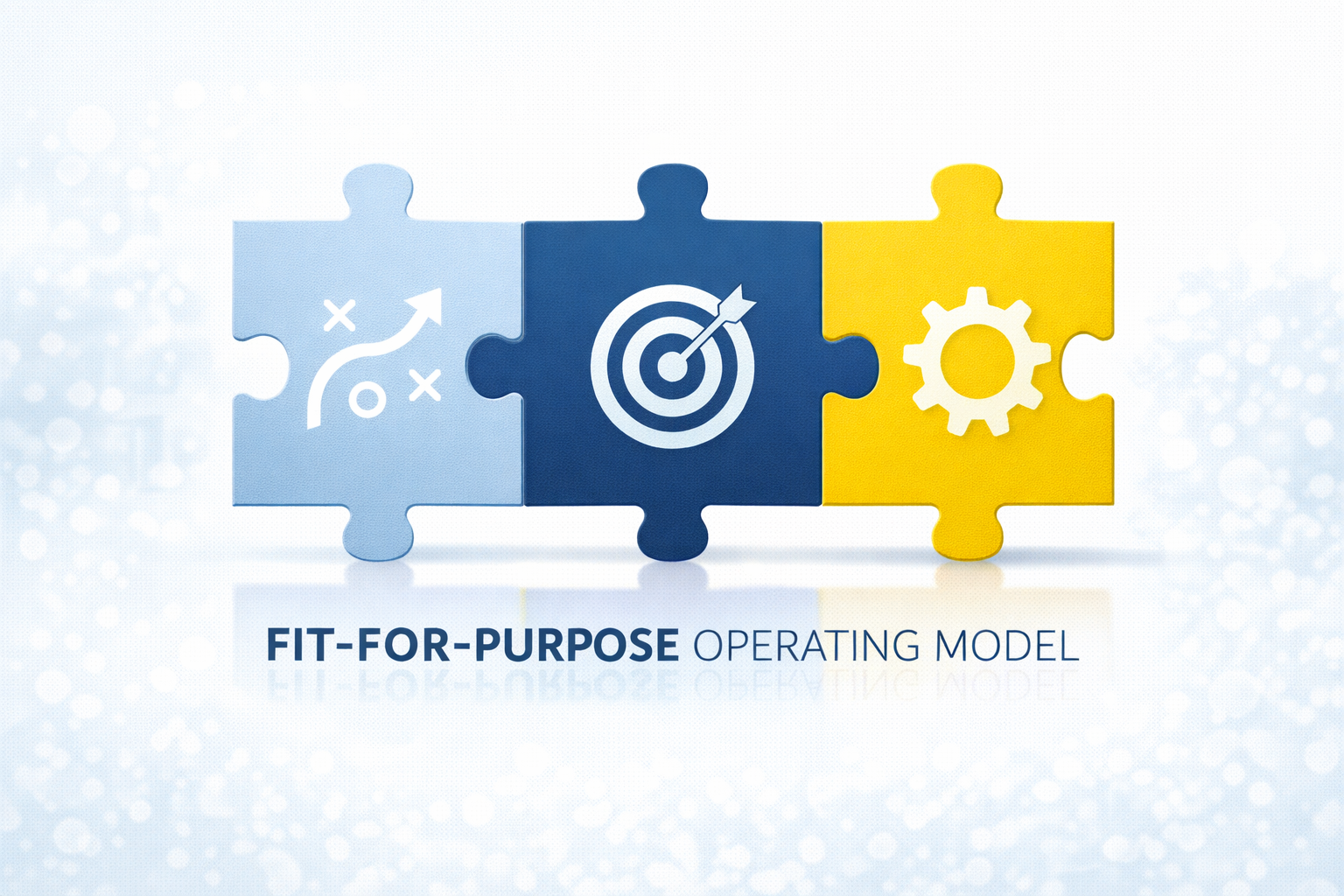
It is a difficult role which first appeared ten years ago. Talent operating partners are a small cohort that goes by different names. However, they have become indispensable for sustained value creation.
High entry multiples have raised the bar on portfolio company management teams. What got them there, won’t get them there. Investment cases require mastery of entirely new value creation levers like international expansion, buy & build, accelerated organic growth or product development. These growth drivers demand new skills, competencies, organizational structures and processes. And this is where talent operating partners can play a key role.
At first, the role was unclear. Funds tried to combine responsibility for both internal talent management and working with the portfolio company into a single role. And, initially, the portfolio role was limited to quick-fix executive recruiting for deal-makers when something went wrong. Needless to say, there was significant turn-over back then, as the expectations of the fund and/or the talent operating partner were not met. However, the role has matured with a more holistic understanding of the link between talent and value creation.
The challenge talent operating partners currently face is quantifying their value-add. It’s easier for deal-makers and other operating partners, who can point to confirmed project ROI’s based on their work. For talent operating partners, the benefits of organizational alignment and good leadership are both enabling and diverse in nature – which makes them difficult to measure. What is the value of a risk or a delay that is avoided? How to value what could have been, if the organization had been firing on all cylinders from the beginning?
Nevertheless, the value of talent operating partners is now undisputed, and they are receiving more attention. This means playing a bigger role in the entire deal-making life-cycle from DD through exit. In addition, the role has expanded beyond senior leadership recruitment, to more broadly include portfolio company HR process alignment and culture change. With their expanding remit, more resources, tools and methods are needed.
The next challenge for talent operating partners will be to industrialize good leadership practices across the portfolio and help senior exec’s accelerate behavioural change for value growth. This is where private equity is at the forefront compared to other governance structures, as investment managers can demand transparency on behaviours and management practices – the starting point for performance improvement.
Thankfully, talent operating partners now rely on sophisticated tools, methods and data analytics like Humatica’s to pin-point organizational bottlenecks early in the context of the value creation plan, so that these can be addressed up-front in the deal-cycle.
With private equity’s continued industrialization and the availability of new tools for measuring organisational performance improvement, expect the role and importance of talent operating partners to grow.
This article was originally published as the Humatica Corner in Real Deals magazine.

In many organizations, strategy promises growth, efficiency, and innovation—but day-to-day execution tells a different story. Decisions drag. Silos persist. Accountability blurs. Leaders work harder without…
Read more
In today’s private equity landscape, the classic levers of value creation are no longer enough. As markets evolve and competition intensifies, governance is emerging…
Read more
Measuring organizational performance is difficult, especially in a way that is both systematic and genuinely useful for decision-making. In a recent Alpha Talks conversation, Ueli…
Read moreReceive our news and valuable perspectives on organizational effectiveness each month.